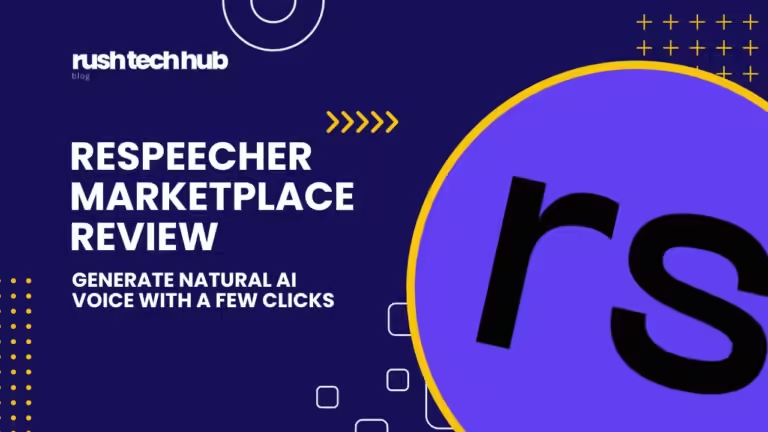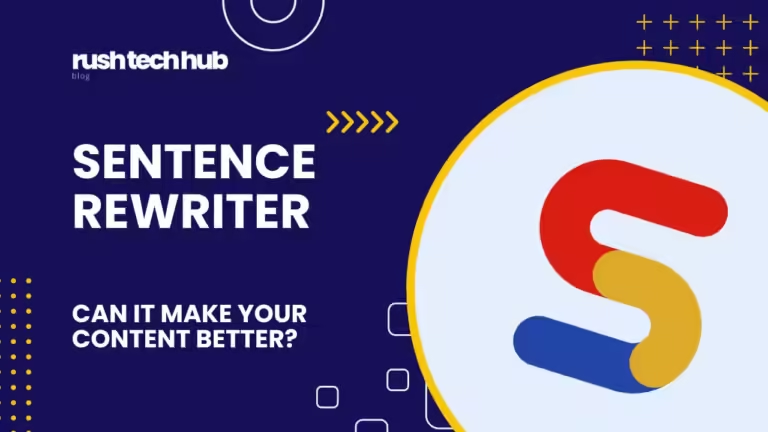
Understanding the Basics of AI Skills in 2025
Think of AI skills as your career superpower. It’s not just about coding—it’s about creating intelligent solutions that solve real-world problems. From chatbots that transform customer service to algorithms that predict market trends, AI is revolutionizing every industry you can think of.
How to Master Essential AI Skills?

Foundation Skills
Start with Python—it’s the Swiss Army knife of AI programming. You’ll want to get comfortable with libraries like TensorFlow and PyTorch. These aren’t just tools; they’re your building blocks for creating powerful AI applications.
Data Mastery

Your AI models are only as good as your data. Learn to:
- Clean and prepare data using Python libraries like Pandas
- Create compelling visualizations with Tableau or Power BI
- Master SQL for handling large datasets
Machine Learning Fundamentals
Think of machine learning as teaching a computer to learn from experience. Focus on:
- Supervised learning for predictive analytics
- Deep learning for complex pattern recognition
- Natural Language Processing (NLP) for text analysis
Ethical AI Development
The EU AI Act is coming in 2025, making ethical AI development non-negotiable. You need to understand:
- Bias detection and mitigation
- Transparent algorithm design
- Privacy-preserving AI techniques
Advanced Tips and Strategies
Ever seen how Netflix recommends shows you love? That’s AI in action. To build systems like these:
- Practice with real-world datasets
- Join AI communities on Discord or Reddit
- Contribute to open-source projects
- Follow AI thought leaders on LinkedIn
Common Mistakes and How to Avoid Them

Don’t fall into these traps:
- Focusing too much on theory without practical application
- Ignoring the business impact of your AI solutions
- Skipping the fundamentals and jumping straight to advanced topics
Frequently Asked Questions
Which programming language should I learn first?
Python is your best bet. It’s beginner-friendly and powers most modern AI applications.
Do I need a math background?
While basic statistics and linear algebra help, many AI tools now abstract the complex math away.
How long does it take to become proficient?
With dedicated practice, you can build basic AI applications within 6 months.
What’s the best way to start learning?
Begin with Python basics, then move to machine learning fundamentals through platforms like Coursera or Udacity.
Conclusion
The AI skills landscape is evolving faster than ever, but don’t let that intimidate you. Focus on building practical skills, understanding ethical implications, and creating real-world solutions. Remember, the goal isn’t to know everything—it’s to be able to solve problems effectively using AI tools. Start your journey today, and by 2025, you’ll be well-equipped to thrive in the AI-driven world.



